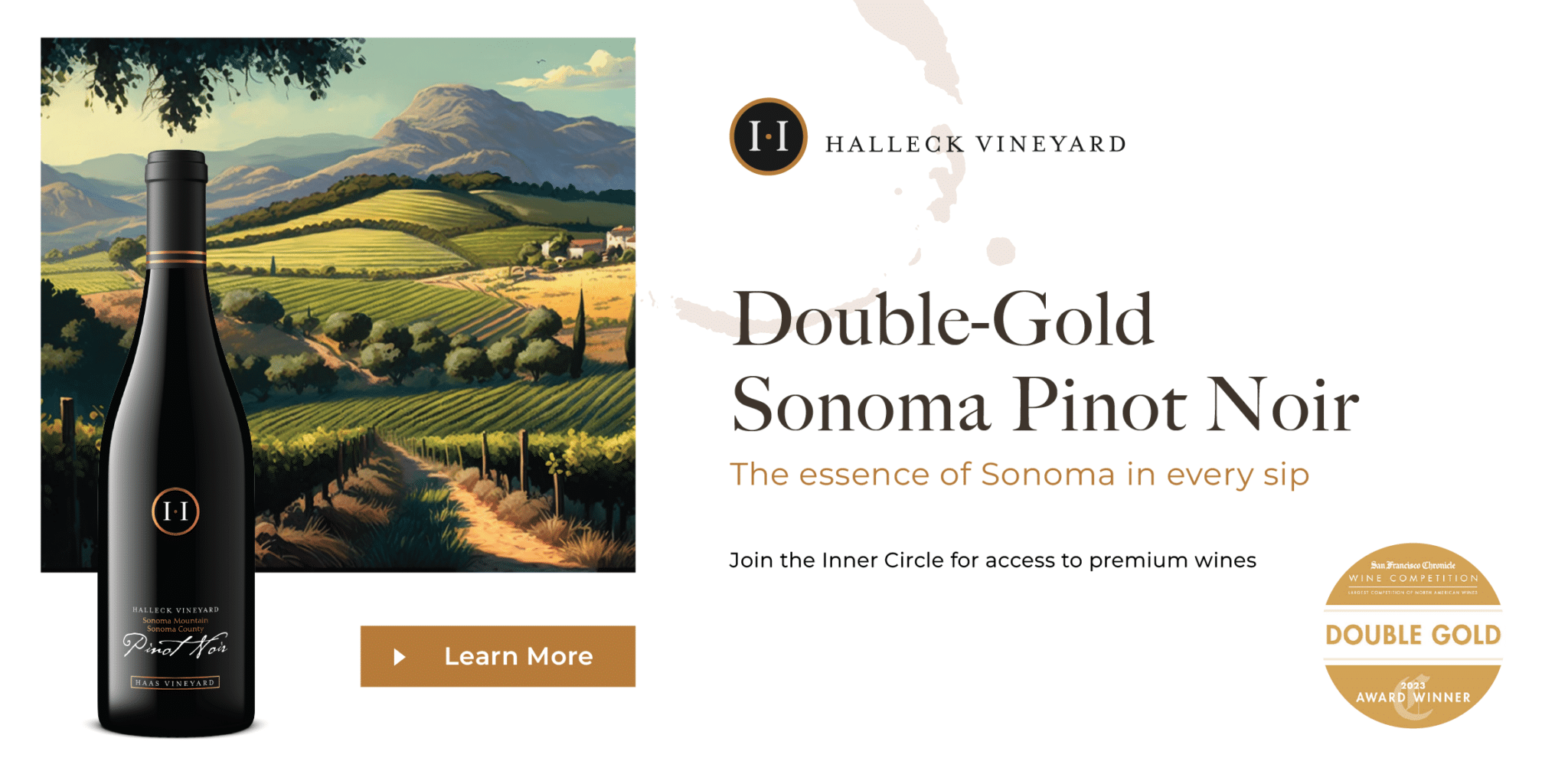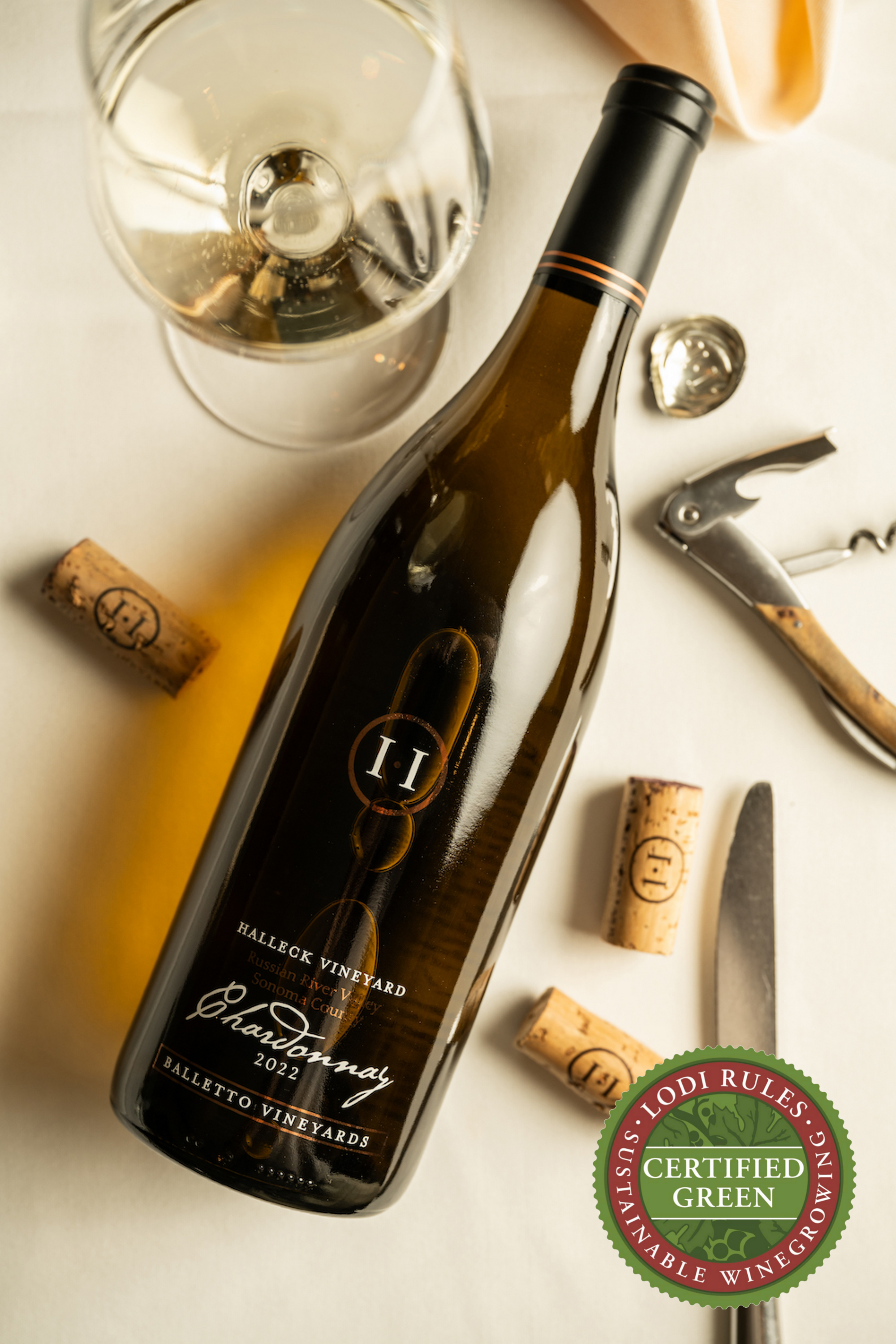Quaint Wineries In Picturesque Settings In Sebastopol - Sonoma Wine Tastings
Visiting a winery for a wine tasting can be an enchanting experience, especially when you know how to maximize the opportunity with tasting notes. These notes function a guide to understanding the complexities of the wines you sample and help in forming a deeper reference to every pour. Using tasting notes can rework your experience, allowing you to savor not simply the taste but in addition the story behind every bottle.
Every wine has a singular profile influenced by grape variety, terroir, and winemaking techniques. Understanding these parts can improve your appreciation of the wine. When you're given a tasting menu or a flight of wines to pattern, take the time to read through any descriptions offered (Wineries Promoting Wine Club Memberships). This initial overview can set the tone and expectations for your tasting experience.
Start your wine tasting by observing the wine in your glass. The color can reveal a lot in regards to the wine’s age and varietal. Take notes on the hue, readability, and viscosity. A well-structured tasting note usually includes this visible evaluation as it types the inspiration of your evaluation. While it might appear trivial, the visual aspect is essential in wine tasting.
Wineries Promoting Sustainable Farming - Sonoma Vineyards Worth Visiting
After your visible evaluation, it's time to take a mild whiff. Swirl the wine in your glass to aerate it, releasing its aroma. This is where tasting notes turn into notably useful. Make notes concerning the completely different scents you detect—fruits, spices, or floral hints. Identifying these aromas will help you put words to the intrinsic complexities of the wine you are sampling.

The subsequent crucial step is the tasting itself. Take a small sip and let the wine roll over your palate. Note the flavors you experience. Are they candy or tart? Where does your palate detect every flavor? Some wines could current instant sweetness followed by a tannic finish. Use your tasting notes to document these layers, making a roadmap of your sensory experience.
Consider additionally the mouthfeel of the wine as you style. Is it smooth, crisp, creamy, or maybe tannic? This textural high quality significantly influences the overall enjoyment and impression of the wine. Observing the mouthfeel can reveal the standard and craftsmanship behind the winemaking process.
It Is beneficial to match totally different wines as you taste them. If you're sampling a flight with contrasting varietals, make a note of the differences you understand. How does the acidity differ from one wine to another? Which wine feels fuller, and which is extra refreshing? This comparative train deepens your understanding and helps sharpen your analytical skills.
Wineries Located Near Russian River Valley - Sonoma Vineyard Tours

Have Interaction with the winery employees whereas tasting. Educated hosts usually share insights in regards to the winery's history, the specific vintage, or the winemaking philosophy, enriching your appreciation of the wine. Do Not hesitate to ask questions that pique your interest based mostly in your tasting notes. Many hosts get pleasure from discussing their wines and may offer a wealth of knowledge that isn’t readily available from printed supplies. Good Wineries For Large Groups In Sonoma Valley.
Keep in thoughts the seasonality of wines as you style. Totally Different wines evoke diversified moods and pair nicely with distinct culinary experiences. Take notes on the way you might take pleasure in a selected wine with food. This not only adds context to your tasting notes but in addition aids future choices and purchases.

One Other useful tip whereas utilizing tasting notes at a winery is to record your impressions immediately. As wines can blend and create a uniform flavor reminiscence, jotting down your thoughts promptly ensures a extra correct reflection of your experience. Use adjectives that resonate with you, crafting a personal vocabulary to describe every wine based mostly on your preferences.
After completing the tasting, evaluate the notes you’ve taken. Replicate on which wines stood out to you and why. This reflection reinforces your tasting experience and highlights what you may search in future purchases. If you've noted specific aromas or flavors that captivated you, this data empowers you to choose out wines that align along with your palate.
Charming Wineries Offering Wine And Food Pairings - Sonoma Vineyard Tours
Wine tasting also can serve as an opportunity for socializing. Sharing your tasting notes with companions can ignite participating discussions on flavors, preferences, and impressions. This communal aspect of wine tasting typically enhances the experience, cementing lasting reminiscences that you can recall with a cup of wine in hand.
In conclusion, using tasting notes at a winery wine tasting can significantly enhance your experience. By observing the visible features, aromas, flavors, mouthfeel, and even the stories behind the wines, you create a rich tapestry of notes that can guide your future wine experiences. Participating with the staff, comparing wines, and reflecting in your impressions will deepen your appreciation for the art of winemaking. Each tasting is a chance to find and connect with wines in thrilling new ways. With practice, your tasting notes will evolve, changing into a cherished element of your wine journey.
Wine Tasting Experiences With Local Cheese - Wineries In The Sebastopol Region
- Start by familiarizing yourself with the winery's tasting notes; they normally describe the wine’s aroma, flavor profile, and finish, providing a helpful framework.
- Use your senses of sight and odor earlier than tasting; swirl the wine in your glass, observe its colour, and inhale its bouquet to seize the wine's preliminary characteristics.
- When tasting, take a small sip and let the wine coat your palate; concentrate on the primary flavors and any secondary notes which will emerge, similar to fruit, spice, or earthiness.
- Pay attention to the texture and mouthfeel of the wine; is it clean, tannic, creamy, or crisp? This facet can significantly enhance your understanding of the wine.
- Evaluate the tasting notes with your sensory experience, noting any similarities or discrepancies, which can deepen your appreciation of every wine’s complexity.
- Think About the wine’s aging potential by analyzing its construction and stability; some wines could also be gratifying now, whereas others may evolve superbly over time.
- Take notes during the tasting; recording your impressions might help you bear in mind each wine higher and refine your palate for future tastings.
- Engage with the tasting employees; ask questions concerning the wine manufacturing process, grape varieties, and the precise notes you're detecting to enhance your data and experience.
- Explore pairing ideas alongside your tasting; understanding which meals complement the wine can enrich both the tasting experience and your appreciation for the wine's nuances.
- Respect various preferences amongst your group; wine tasting is subjective, and encouraging open dialogue about individual tastes can lead to a more pleasant and informative experience.undefinedWhat are tasting notes, and why are they essential at a wine tasting?undefinedTasting notes are descriptions of the flavors, aromas, and overall impressions of a wine. They are important because they guide your palate and improve your understanding of the wine's traits, helping you respect completely different varieties and styles.
How ought to I take notes throughout a wine tasting?undefinedYou ought to focus on key parts corresponding to aroma, flavor, physique, acidity, and finish. Use a structured format or template to categorize your thoughts and write down your impressions immediately after tasting. This helps you keep in mind your thoughts later.
Can I use my very own words to explain a wine, or ought to I stick to straightforward tasting terms?undefinedYou can completely use your personal words to describe a wine. Whereas commonplace tasting phrases might help convey particular qualities, personal descriptors add authenticity to your notes and might make your wine experience more pleasant and relatable.
Should I concentrate on specific flavors in the wine or the overall experience?undefinedEach aspects are important. While specific flavors allow you to determine the distinctive characteristics of a wine, the overall experience encompasses how all components combine—creating a extra holistic understanding of the wine.
Wineries With Unique Tasting Experiences - Sonoma's Premier Wine Tasting Events
What if I cannot establish certain aromas or flavors throughout a tasting?undefinedIt’s widespread to have difficulty identifying specific tastes or scents. Don’t hesitate to ask for help or steerage from the workers at the winery. They can present insights and assist refine your palate over time by way of practice.
How can I use tasting notes to determine on wines in the future?undefinedBy reviewing your tasting notes, you'll find a way to identify your preferences and trends in your wine decisions. This permits you to choose wines that align together with your palate in future tastings and purchases, making your experience extra enjoyable.
Is it appropriate to check wines throughout a tasting?undefinedSure, comparing wines may be beneficial. It helps highlight the differences in flavor profiles and attributes, allowing you to develop a deeper appreciation and understanding of every wine's distinctive qualities.
What ought to I do if I disagree with the tasting notes supplied by the winery staff?undefinedDisagreement is a natural part of wine tasting! Use it as a chance to discuss your impressions with the employees; they can present additional context or details about the wine, which can enrich your experience.
Cultural Wine Experiences In Sonoma County - Sonoma County Wine Tasting Locations
How ought to Related Site I arrange my tasting notes after the event?undefinedAfter the tasting, manage your notes by wine sort, producer, or personal choice. Think About making a digital or physical journal which could be referenced for future tastings and wine choices, making it simpler to why not try this out recall your experiences.